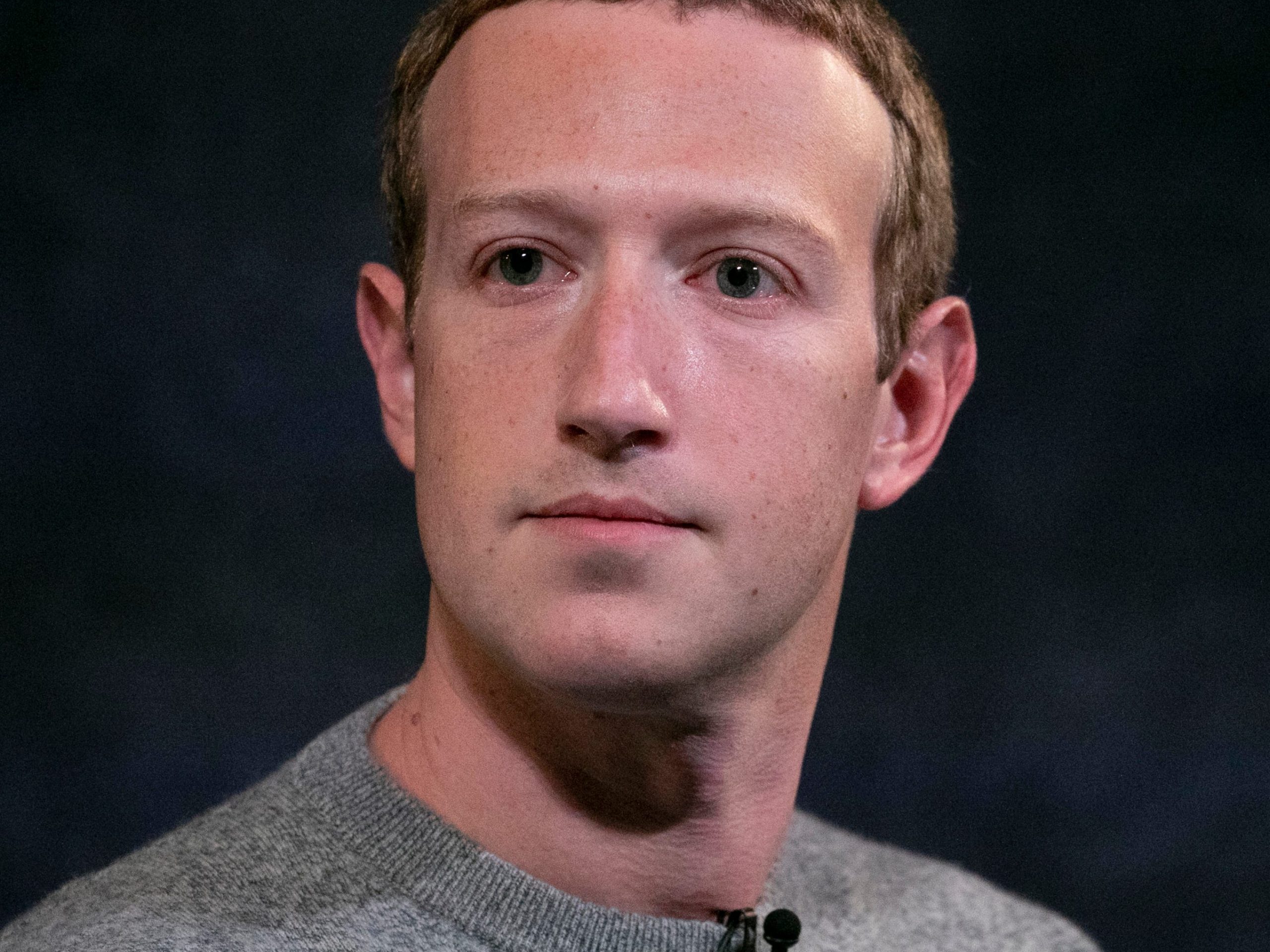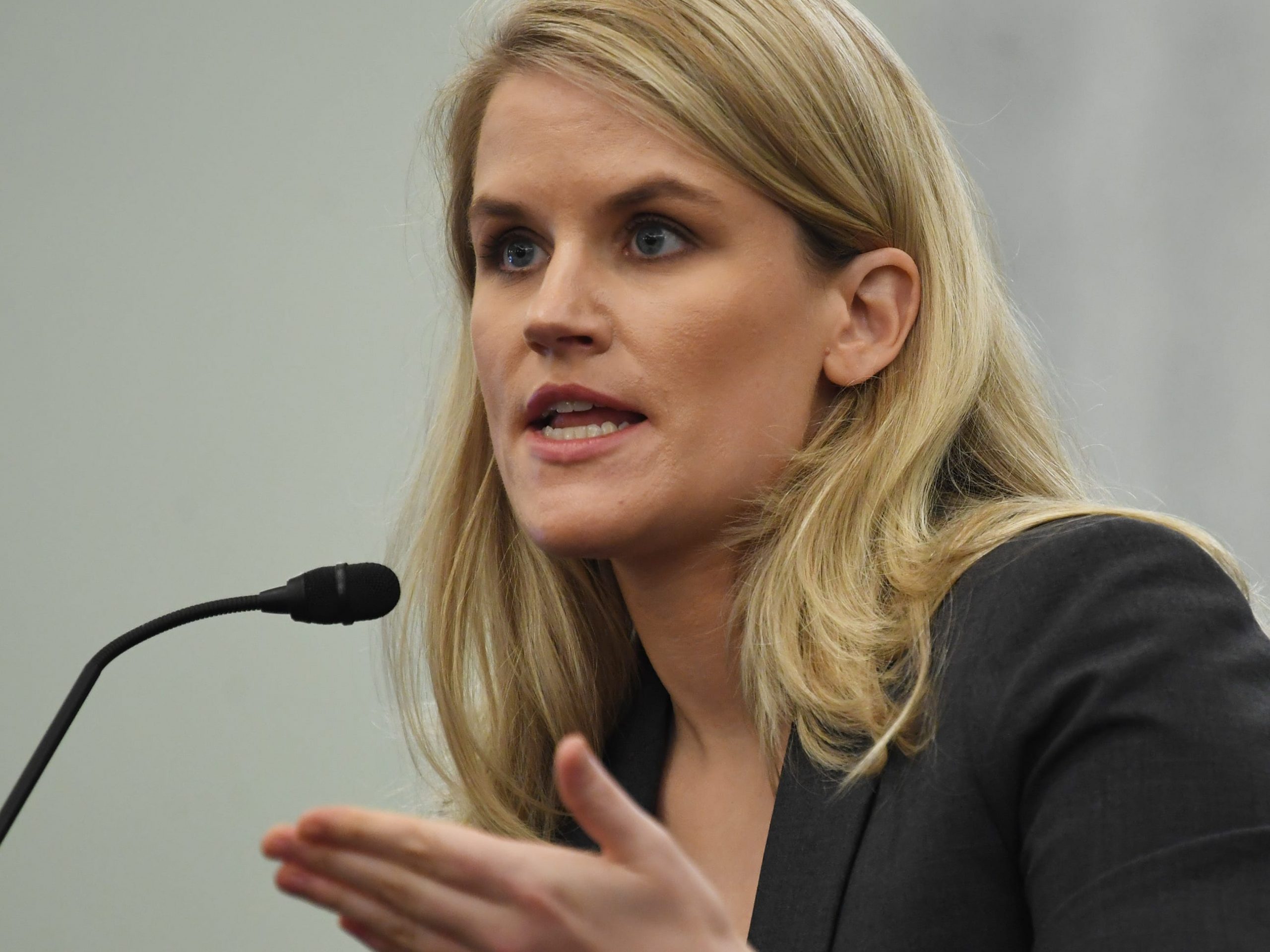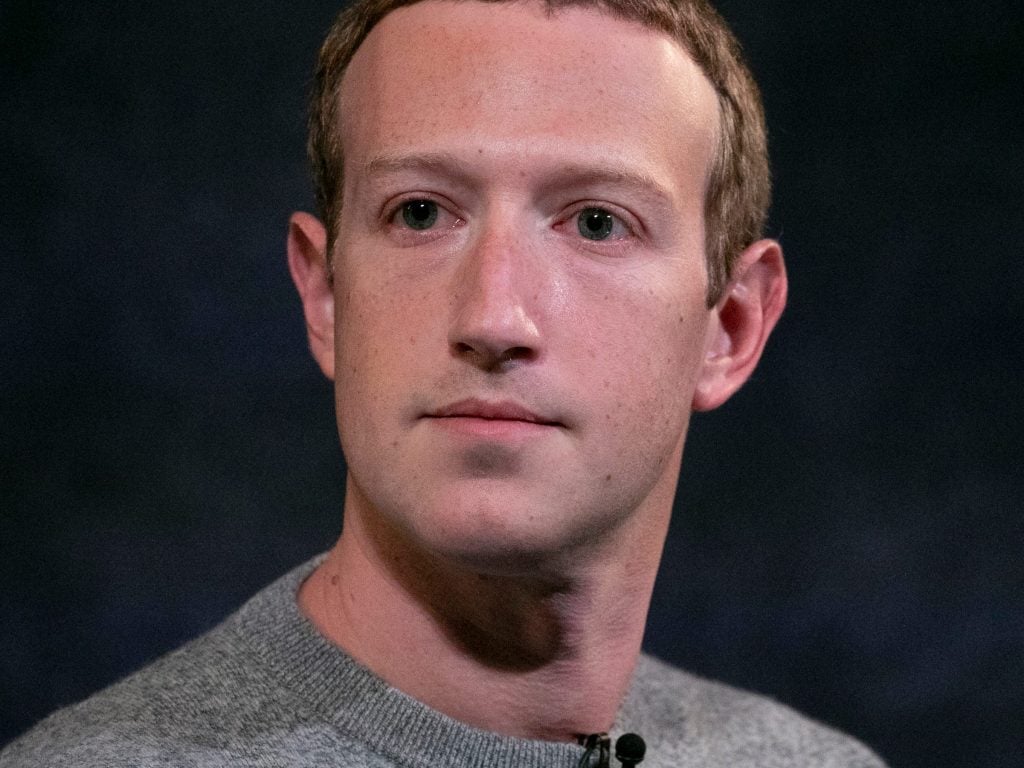
AP Photo/Mark Lennihan
- Facebook is in the midst of a PR firestorm after leaked materials shed light on internal research into the harms it can cause.
- Part of that scrutiny has notably come from company insiders, including whistleblower Frances Haugen.
- Their stories signal that there are many more employees conflicted about working at the firm.
Meta, formerly known as Facebook, is currently swept up in another storm of scrutiny – and a notable portion of it is coming from inside the company itself.
Employees-turned whistleblower Frances Haugen and Sophie Zhang have detailed harrowing accounts before Congress about their time at the company, and other insiders are cited as sources in books detailing turmoil and alleged misconduct.
Then there's the massive trove of documents shared by Haugen appearing to show multiple instances of employees growing angry with how the platforms handle misinformation, divisiveness, and other potential sources of real-world harm. Yet they say their concerns were dismissed in the name of profits and growth.
Together, stories like Haugen's and Zhang's raise the question: How many more are there like them inside Zuckerberg's company?
Haugen seems to believe she's not alone. She's stressed the importance of keeping the company's moves transparent and encouraged more of the company's 58,000 employees to keep watch.
"If people just hate Facebook more because of what I've done, then I've failed," she told the Wall Street Journal in October. "I believe in truth and reconciliation - we need to admit reality. The first step of that is documentation."
'We started to feel like we were part of a cover-up'

Matt McClain-Pool/Getty Images
In Zhang's case, the former data scientist said she asked the company's VP of Integrity for more safety guardrails in foreign markets to prevent political manipulation. She said she was told there are limited resources and that she was later fired in 2020 for "poor performance."
And there's more evidence of employee discontent building on that, thanks to the leaked documents.
In one instance, multiple employees posted on internal message boards taking issue with Facebook quietly allowing 5.8 million noteworthy figures, like politicians and celebrities, to evade certain rules on its platform.
"This kind of special treatment has always made me uncomfortable," one employee posted, according to the leaked documents.
Other employees worried that an algorithm tweak, made in 2018 to boost slumped engagement, would elevate political divisiveness and outrageous posts. Zuckerberg vetoed implementing solutions broadly across the platform because it could have caused people to spend less time on it.
"This is an increasing liability," one data scientist wrote.
Company representatives have repeatedly said the documents do not paint an entire picture of the company's business development investments, internal research, and efforts to mitigate harm.
But the evidence doesn't end with the trove of documents.
Take "The Ugly Truth," a new book from New York Times journalists Cecilia Kang and Sheera Frankel. The authors said they spoke to 400 sources, including executives, investors, and current and former employees, as well as their friends and families.
In the book, the authors thanked the many sources for speaking to them, pointing out that many of them are still at the company and "trying to change things from within."
Some of those sources said executives instructed employees to remove all mention of Russian hacks surrounding the 2016 presidential election from a 2017 white paper about security concerns. One employee said they "started to feel like we were part of a cover-up," according to the book.
It's Zuck's world. We're just living in it.
Responsibility for most decisions by the company lands squarely on one person: Zuckerberg.
Virtually no investor proposals or board motions are green-lit without his approval.
The leaked documents never directly implicate Zuckerberg as the reason many safety proposals or solutions never reached the finish line, but it hasn't stopped Haugen from insinuating as much.
"There is no one currently holding Mark accountable but himself," she told Congress. "The bucks stop with Mark."
Got a tip? Contact Katie Canales via email ([email protected]), or Twitter DM (@KatieCanales1). We can keep sources anonymous. Here's a guide on how to securely reach out.

